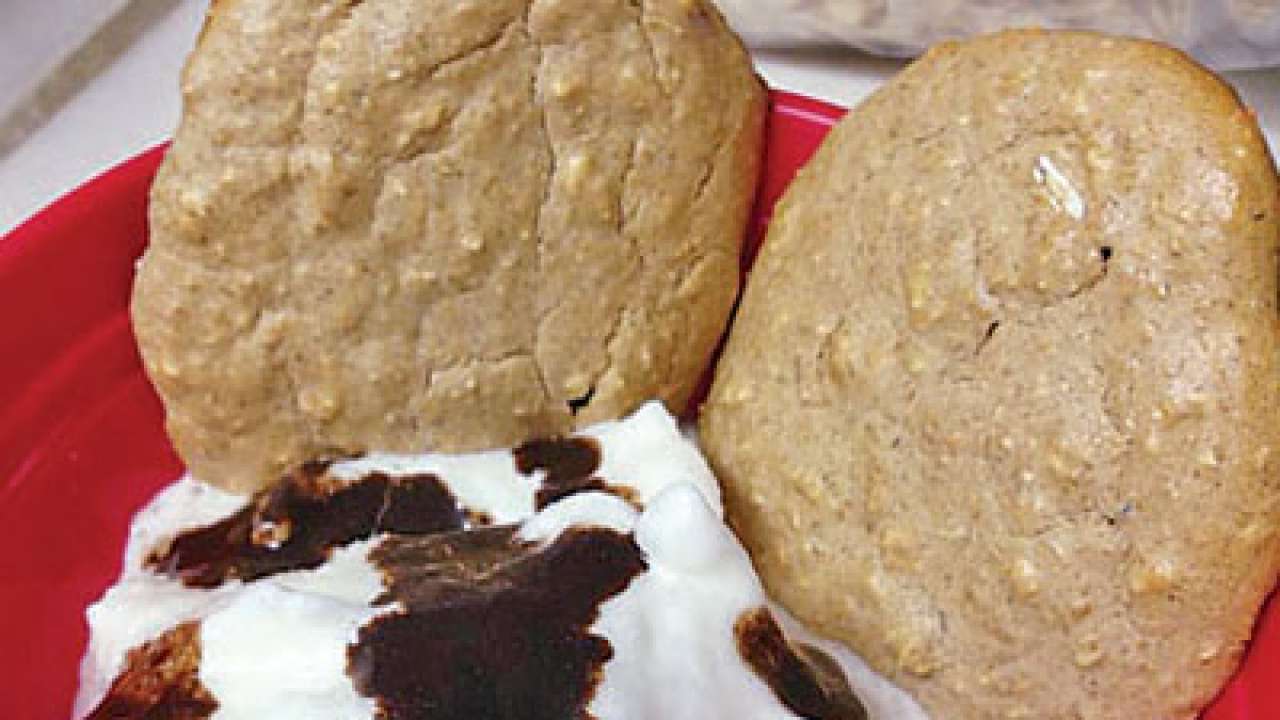
1. Can fat-free food also contribute to weight gain?
Yes. Certain fat free foods are trade gimmicks. The form of fat used is hydrogenated (scientifically termed as Trans Fatty Acids) which have debilitating effects like weight gain, heart diseases and other health related problems. Always check ingredient list at the bottom of the label, anything 'hydrogenated' is avoidable. However, some food products can be technologically converted to low fat products such as skimmed milk. In controlled quantity they are recommended options for cutting down invisible fat from dairy products.
2. What does it mean when we opt for fat free ice-cream, fat free soup, meal replacement shakes, low carb bars, fat free salad dressings? Do all these contribute to weight gain as well?
Fat free ice-cream is made from skimmed or fat free milk; however the sugar is not controlled. Calories then come from carbohydrate of sugar which is eventually converted to fat and stored in our body. It's basically a catch 22 situation!
Fat free soups contain excessive preservatives and sodium. So as a healthy option they are not classic additions to your meal.
Meal replacements and low carb bars are a boon to an individual who skips meals and has long gaps between two meals. If the right ratio of carbohydrate and proteins is maintained then meal replacements do help in preventing muscle loss thus, indirectly favoring fat loss by maintaining your metabolism.
Fat free salad dressings, again if made from hydrogenated fats then will show low calories on the label but would eventually favor health problems.
3. What is the ideal way to lose weight and keep in off? Does it depend on making low fat choices?
Fat free diet is not Fat loss diet. Low fat food products are beneficial when the science of the ingredients is understood. Carbohydrate, Protein and Fat are essential in the right quantity, quality and time of the day. Overdoing or ignoring any one nutrient affects the balance of an entire meal. So don't exclude any nutrient. Rather than being a prey to trade gimmicks, make sensible choices; understand the effect of nutrients by consulting a nutritionist.
4. Which foods are calorie free?
There is no term like calorie free. Every nutrient has calories (carbohydrate, proteins or fats) and any naturally occurring food will have one of these nutrients. So no food can be calorie free (Sorry! But this means there are no guilt-free foods. Unless its manufactured, processed, chemically induced and artificial, all foods have calories).
5. Is it really necessary to count every calorie one takes in?
No. Counting calories in food is like counting money in RBI. You either know it best with experience or you will be lost in numbers. I suggest, know your requirement and play around a range. Not too less and not too many.
Keep Learning! Stay Healthy!